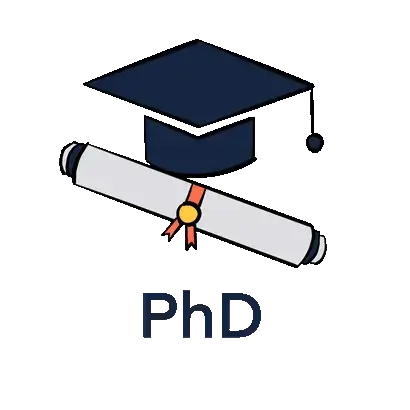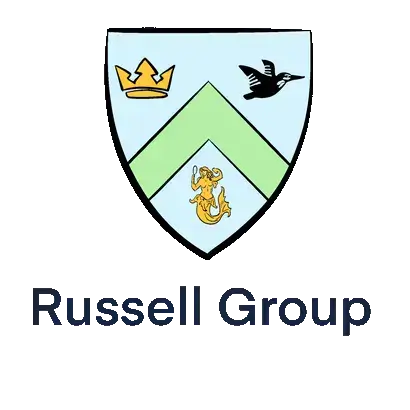Bridging the gap between overseas and UK-based education when English is your child’s second language
In this blog, the first of a new series, Holly, an experienced ESL (English as a Second Language) teacher, discusses how tailored tutoring could help to bridge the gap for your child if you are moving to the UK school system from overseas.
Why UK schools love overseas students
Overseas students bring richness, diversity and joy to UK schools. Their backgrounds and cultures help to make our schools exciting places where students learn about each other and celebrate difference. It is hugely exciting for a school when a student who has previously studied overseas joins, and the best schools will put together a tailored programme to welcome them, buddying them up with native English speakers from the start to enhance their experience and introduce them to their new home. If you haven’t chosen a school yet, ask about their induction programme for your child: how will they help to make them feel welcome? How will they deal with cultural differences or religious needs? What can you do to start to prepare your child for their new educational setting? There are important questions to ask, specific to students for whom English is their second language; a knowledgeable tutor can make sure you ask the right questions, and get the answers you need.
The importance of a UK-based tutor
Tutors based overseas in your home country may well claim to understand the entrance and assessment requirements for UK schools, but the differences between them are vast. For example, the 11 plus is an exam which varies depending on which area of the UK you are moving to, and the differences between exam boards for GCSE mean you really need a tutor who has experience with the specific board for the specific school or schools to which you are applying (this information can also change from year to year). Having worked in schools, tutors who are also qualified teachers are in a strong position to understand how exams and assessments operate and how to bridge the gap and tick the correct boxes. Additionally, there are specific exams and assessments for ESL students and the right tutor will know the right path for your child. A UK-based, UK-qualified tutor who has worked in UK schools is the best option if you want a clear understanding of exactly what your child will need to do to achieve success.
Conversational English
For many parents, their focus is on the exam or assessment their child will be sitting, and it is very easy to become wholly fixated on these very important papers. However, if you are moving to the UK, or your child is coming to board here, it is crucial to spend some time on conversational English. A tutor who is a native speaker is essential here, and qualified UK teachers will all have experience of children in their schools who needed some extra help and support with their English. They will be able to speak naturally and easily to your child, and to help them feel comfortable asking questions, chatting to new friends and to adults, and joining in with activities when they arrive. A tutor who has worked in a UK school will have experience of what to expect in the induction period, and will be able to reassure your child about the process and how to prepare for their arrival at school. For children who may have additional needs such as anxiety or ASD/ASC, this is invaluable.
Subject-specific tuition for speakers of other languages
Subject-specific tuition can and should form part of an overall package. If your child is tackling an 11+, 13+, or potentially a GCSE or A-Level paper within the next few years, they will need to be aware of certain terminology or jargon which will form the basis of exam-based assessments. Often schools will provide lists to help ESL students, and, whilst these can at first appear intimidating, a tutor who puts the words in context over a few sessions can really help. Arriving at school with an understanding of the meanings of words and phrases, alongside how to use them in their writing, is invaluable for confidence-building in those first few weeks.
What next?
Whether you have chosen a school, are considering a number of options, or are just thinking about moving to the UK, ESL-specific tuition can help your child bridge the gap between their current and potential level of English. As outlined above, individual time with an experienced UK-qualified teacher can also support, motivate and build confidence for your child, preparing for what will no doubt be a daunting, yet hugely rewarding move.










Start the discussion!